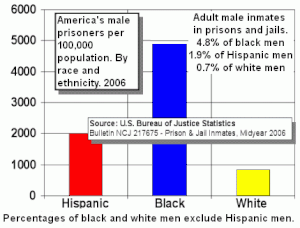Dan Heyman wrote 12 January 2010 for Public News Service – WV, Churches: No Private Prison For Immigrants In WV,
CHARLESTON, WV – West Virginia’s largest church group has asked U.S. Sen. Robert Byrd and the rest of the state’s congressional delegation to oppose funding a private prison for undocumented immigrants in Pendleton County near the Virginia border.Continue readingThe Council of Churches is one of several groups discussing immigration reform ahead of expected congressional action on the issue. The Council has asked federal lawmakers’ help in the effort, arguing private prison operations have been rife with abuse. GSI Professional Corrections is seeking county commission approval to build the detention center near Sugar Grove to house 1,000 nonviolent immigrant detainees awaiting possible deportation.
Rev. Dennis Sparks, the Council’s executive director, complains private prisons operate outside the mainstream legal










